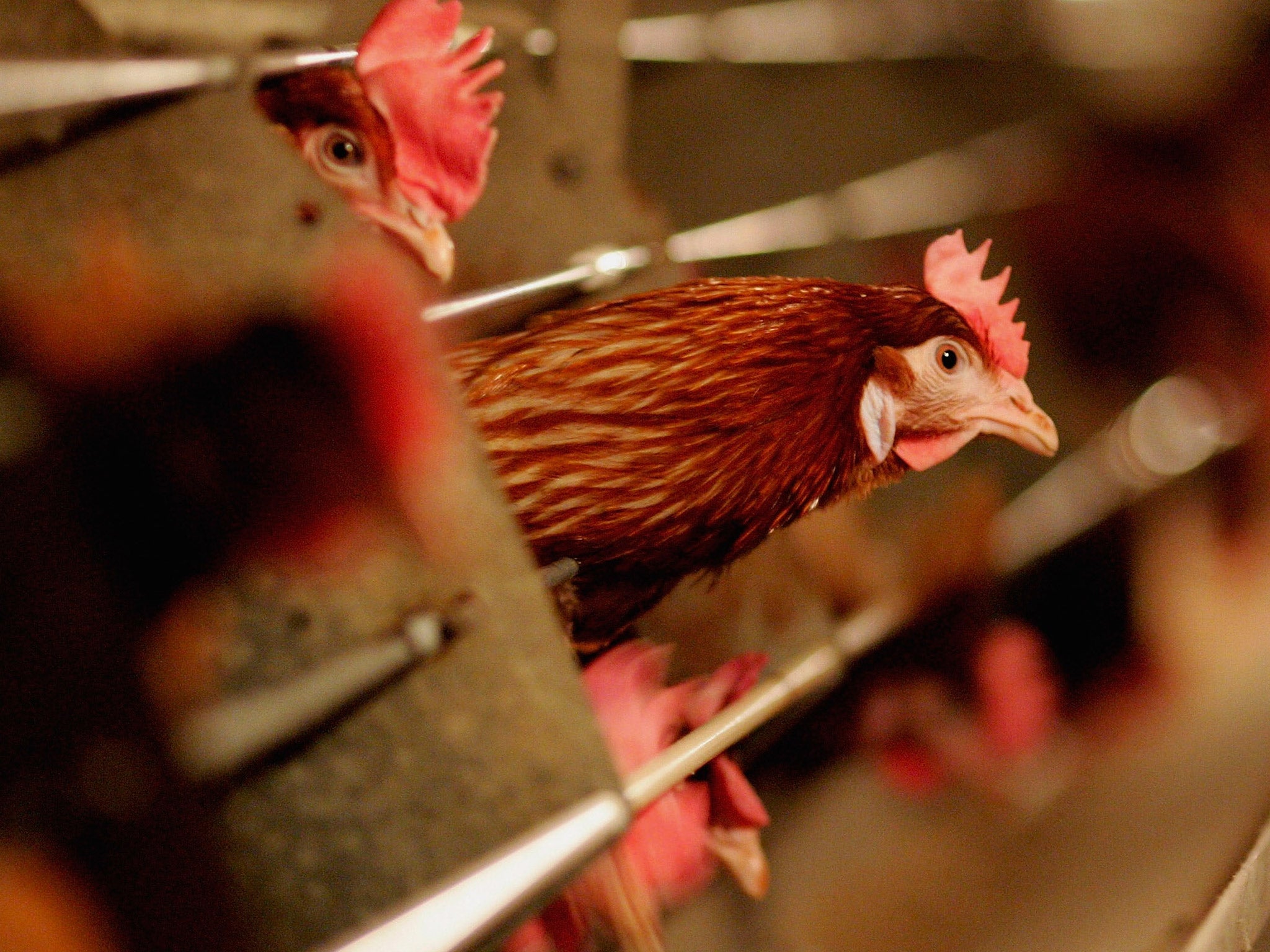Animals are set to be culled en masse at another Dutch farm after tests revealed birds there had been infected with avian flu.
28,000 poultry are being killed in the latest case of the infectious disease to hit the country.
The Dutch government ordered a cull at a farm near the town of Hekendorp in mid-November after the discovery of the disease there, with another case of infection discovered 15 miles away near the village Ter Aar last week.
A spokesperson for the country's Ministry of Economic Affairs said in a statement that it had not yet determined whether the H5 virus that had been detected was the highly contagious H5N1 version or not.
Tests by the country's Central Veterinary Institute would determine the exact nature of the outbreak, with results expected tomorrow, the spokesperson said.
"A surveillance zone has been established for the area within a 10-kilometre radius of the infected farm in Zoeterwoude. Four other poultry farms are located in this zone," the statement read. "These farms will be tested for the presence of avian influenza."
The ministry said that despite infections at chicken farms, duck farms in the country had all been tested for bird flu and had been found to be infection-free.
In 2003 a major outbreak of bird flu in the Netherlands caused £238 million in damages.
There has also been an outbreak of the disease this year in Egypt, where seven people have been hospitalised after coming into close contact with birds.
Human cases of the disease are so far rare and in its current form it does not appear to be able to transmit easily from human to human.
A total of 393 people have died from the disease worldwide since 2003, according to the World Health Organisation, out of a total of 668 laboratory-confirmed cases reported across 16 countries.
Infection usually occurs in people who are exposed to birds carrying the virus.
Subscribe to Independent Premium to bookmark this article
Want to bookmark your favourite articles and stories to read or reference later? Start your Independent Premium subscription today.


Join our commenting forum
Join thought-provoking conversations, follow other Independent readers and see their replies